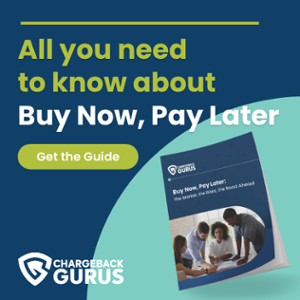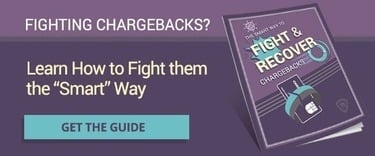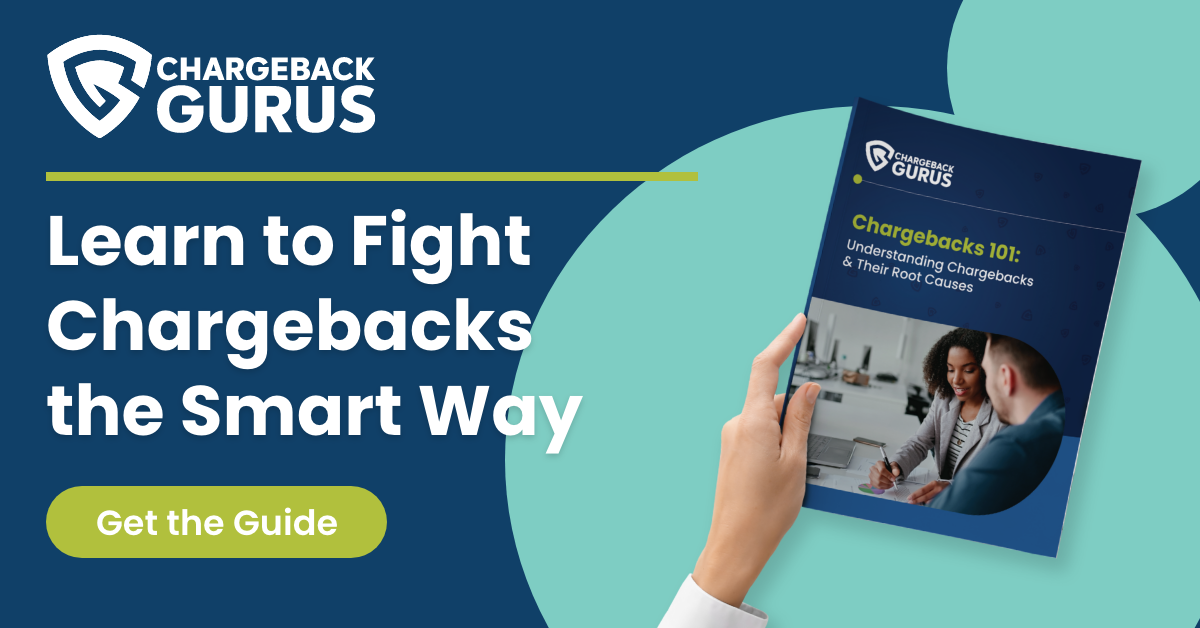The Mastercard Chargeback Arbitration Process

Like a monster from a cheesy horror movie, some chargebacks just won’t die. You might think it’s over when you represent a disputed transaction with compelling evidence and the issuer takes your side, but in some circumstances the cardholder can prolong the dispute and ask the card network to settle the matter.
This final stage of the chargeback process is known as arbitration, and each card network has its own way of handling it. While most chargebacks won’t make it this far, it’s important for merchants to be prepared for the possibility. What should merchants expect from the Mastercard chargeback arbitration process?
 Most chargebacks have a fairly short lifespan. The cardholder disputes a charge, their issuing bank reverses it, and because most merchants don’t fight chargebacks, the process ends there.
Most chargebacks have a fairly short lifespan. The cardholder disputes a charge, their issuing bank reverses it, and because most merchants don’t fight chargebacks, the process ends there.
Experienced merchants, however, know the importance of using second presentments to fight invalid and fraudulent chargebacks, which extends the dispute process to give the issuing bank a chance to review the merchant’s evidence.
For chargebacks that reach this stage, the issuing bank’s decision is usually final—but that isn’t always the case. The card networks—Visa, Mastercard, American Express, and Discover—get the last word on contentious disputes.
If the merchant’s chargeback representment fails to convince the issuer, or if the cardholder is able to provide the issuer with additional evidence for their claim, the case may be put up for arbitration and the merchant will have to decide whether they want to keep fighting. It’s not always an easy decision, as dealing with arbitration can cost a considerable amount of time and money.
What Are the Stages of the Mastercard Chargeback Process?
Each card network has a well-defined chargeback process based on the cardholder dispute laws laid out in the Fair Credit Billing Act. They also have some latitude to build on the framework provided by the legislation, which means that every card network’s chargeback process is similar, but slightly different in the details. Under the Mastercard network, the chargeback process unfolds as follows:
- The cardholder contacts their issuing bank to dispute a transaction.
- In some circumstances, the issuer may send a request for information to the acquirer to obtain more details about the charge. This request may be passed along to the merchant. If the additional information is not sufficient to resolve the dispute, the issuer will proceed to the next step.
- The issuer files a chargeback, returning the disputed funds to the cardholder’s account and taking it back from the merchant account. The issuer will also send a notification of the chargeback to the acquirer.
- The acquirer informs the merchant about the chargeback. The merchant can either accept it, ending the process, or they can choose to fight the chargeback by presenting the transaction a second time, along with compelling evidence that disproves the cardholder’s claims.
- The issuer receives the represented transaction and reviews the evidence. If the evidence is sufficiently compelling, they will accept the chargeback reversal.
- If the issuer is not persuaded by the evidence, or if the cardholder provides additional evidence for their own claim in response to the representment, a second chargeback, or pre-arbitration chargeback, may be filed against the representment.
- The merchant, through their acquirer, can decide to either accept or decline the pre-arbitration chargeback. The issuer has one last chance to review any new evidence, but if neither party is willing to accept liability at this stage, the case goes to the card network for arbitration.
Some Mastercard reason codes (4808, 4870, and 4871) proceed directly to arbitration if the issuer does not accept the merchant's representment.
What Are the Time Limits for Mastercard Chargeback Arbitration?
Starting from the date the chargeback representment was filed, issuing banks have 45 calendar days to file a pre-arbitration chargeback.
Merchants should check with their acquirers for the exact amount of time they have to respond to pre-arbitration chargebacks.
Always review the latest Mastercard documents to verify timeframes. They can change when new guidelines and mandates are issued, and some chargeback reason codes may have their own special response deadlines.
How Does Mastercard Handle Chargeback Arbitration?
Once a dispute reaches the arbitration stage, a representative from Mastercard will review all of the evidence from both parties and make a final decision about who is liable. This decision is absolutely final as far as the chargeback is concerned. The only way to escalate the dispute further is for the losing party to file a lawsuit in civil court.
 One important thing to know about Mastercard’s process is that they charge a significant additional fee for arbitration. In addition to any transaction and chargeback fees that have already been incurred, the party that loses in arbitration must pay a $500 fee.
One important thing to know about Mastercard’s process is that they charge a significant additional fee for arbitration. In addition to any transaction and chargeback fees that have already been incurred, the party that loses in arbitration must pay a $500 fee.
Is It a Good Idea for Merchants to Pursue Chargeback Arbitration?
If a dispute goes to arbitration, it means that the issuing bank has already reviewed and rejected the merchant’s best evidence. Before pursuing arbitration, you should take a realistic assessment of the facts of the dispute, the evidence in your favor, and your chances of winning. It’s not worth spending $500 to fight a dispute on principle alone. When chargeback representment fails, it’s usually best to cut your losses, move on, and figure out how to avoid similar chargebacks in the future.
That said, there are circumstances where the dispute involves a significant amount of revenue and the evidence is difficult for issuers to parse in the limited time they have to review representments. If you are certain that the facts are on your side and you’re willing to risk the $500 fee, you have every right to ask for the card network’s impartial verdict.
Conclusion
Arbitration is an important and necessary part of the chargeback process, but due to its high potential cost, it’s one that merchants are better off avoiding whenever possible.
If you find yourself frequently faced with pre-arbitration chargebacks, it may be a sign that you aren’t submitting your most compelling evidence when you engage in chargeback representment.
Always remember to review your chargeback reason codes to see what documents are required to refute the cardholder’s claims, and be sure to practice good record-keeping habits to ensure you always have the right documents on hand. If you’re following best practices for analyzing, managing, and fighting chargebacks, you should be able to avoid Mastercard’s pre-arbitration chargebacks and the difficult choices they pose.
Thanks for following the Chargeback Gurus blog. Feel free to submit topic suggestions, questions, or requests for advice to: win@chargebackgurus.com



